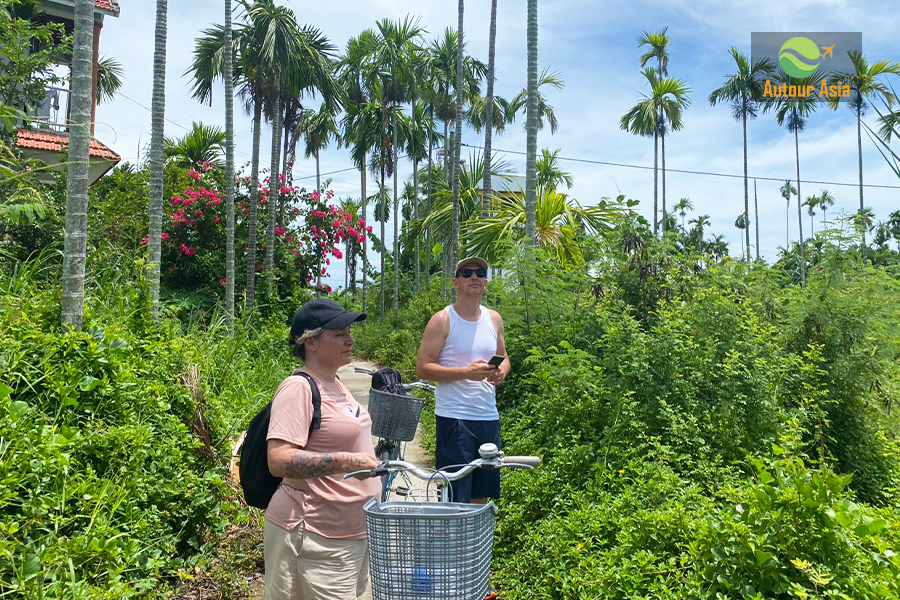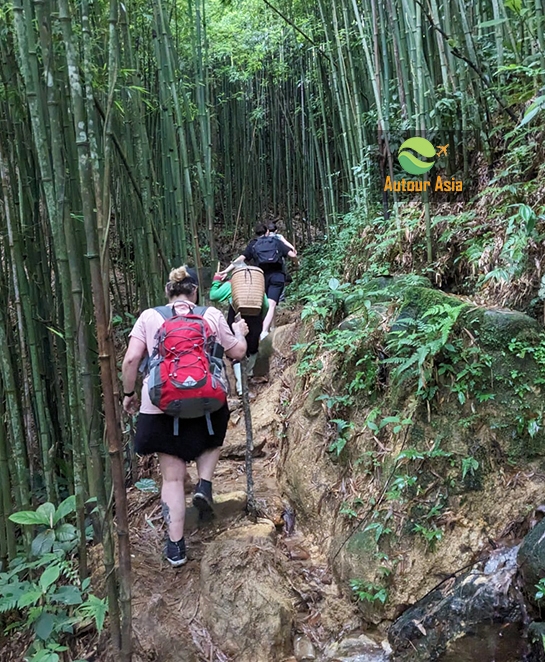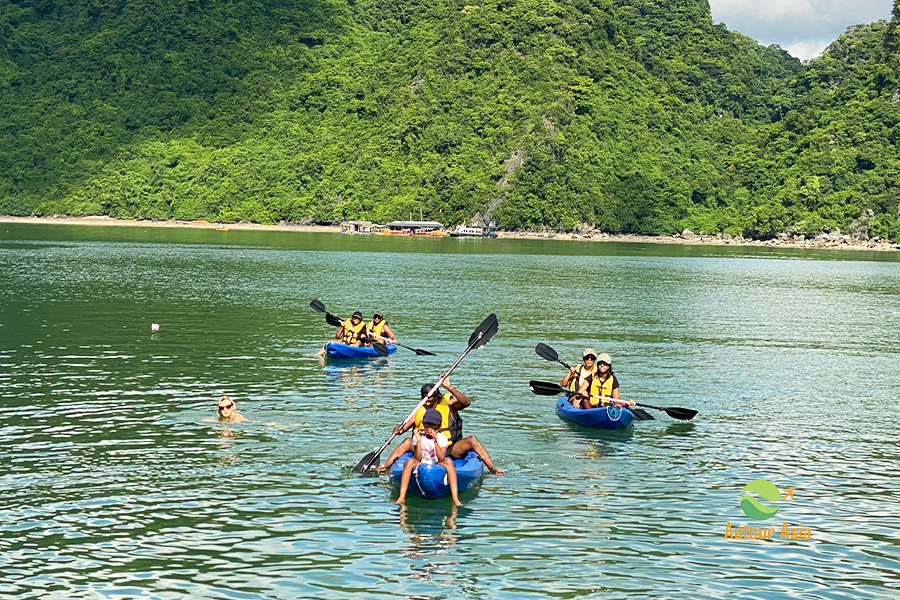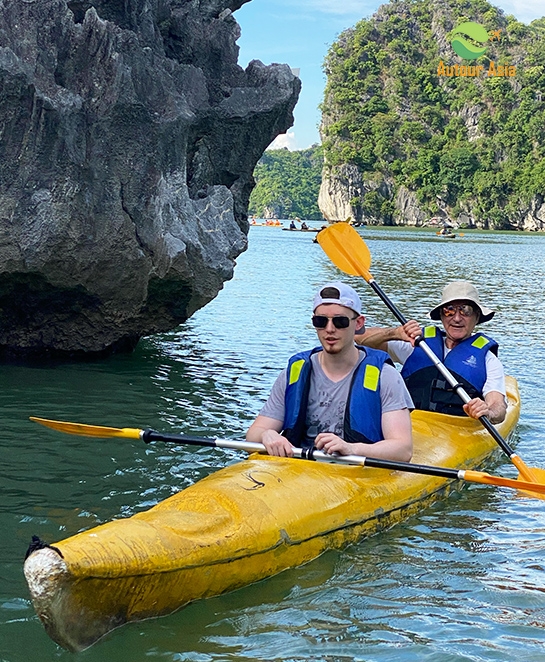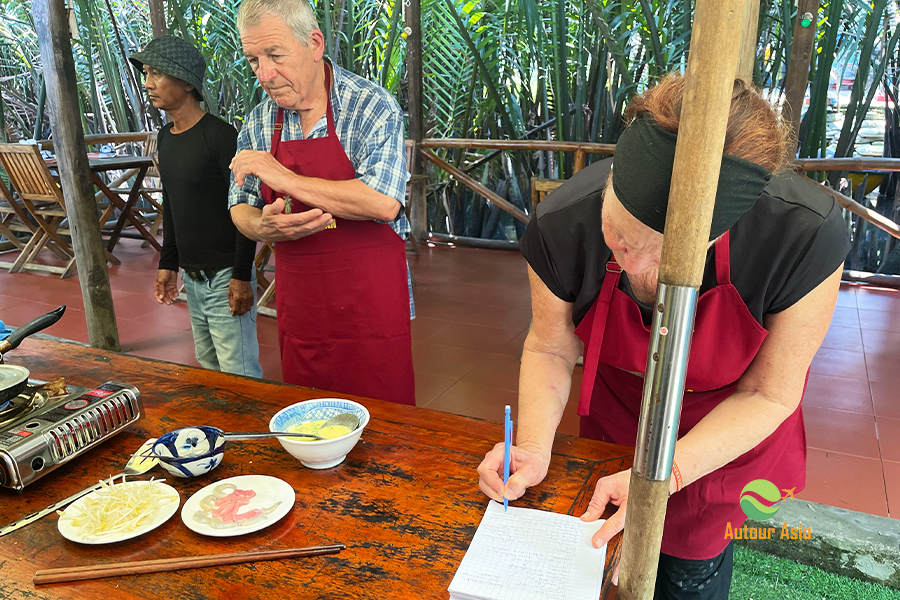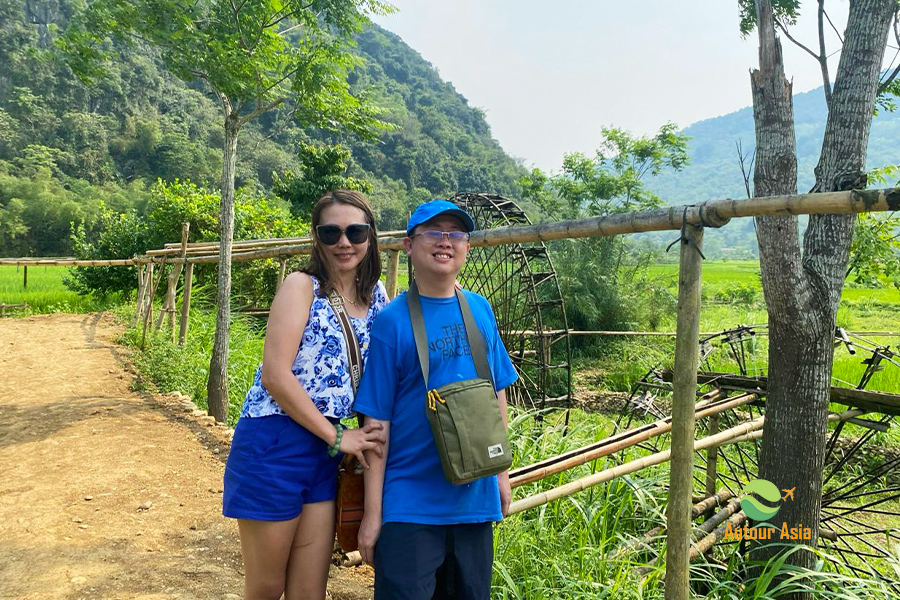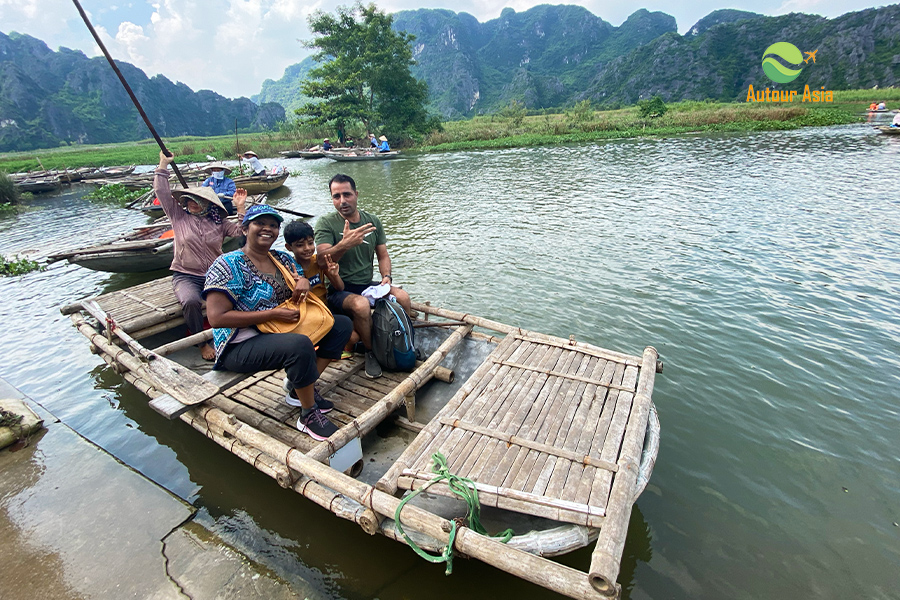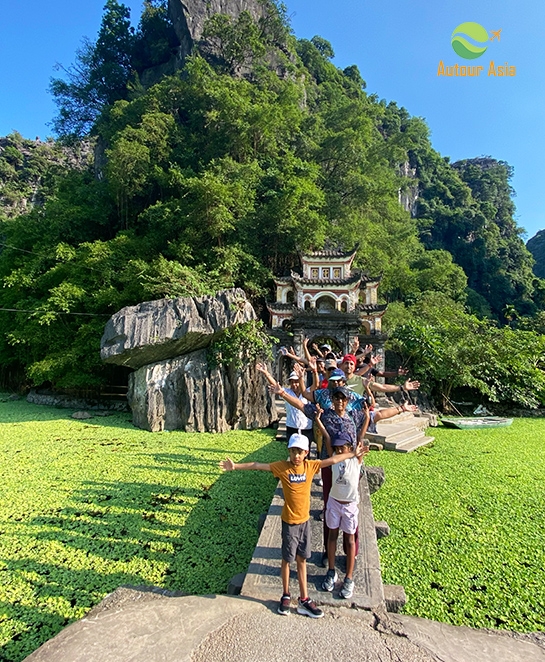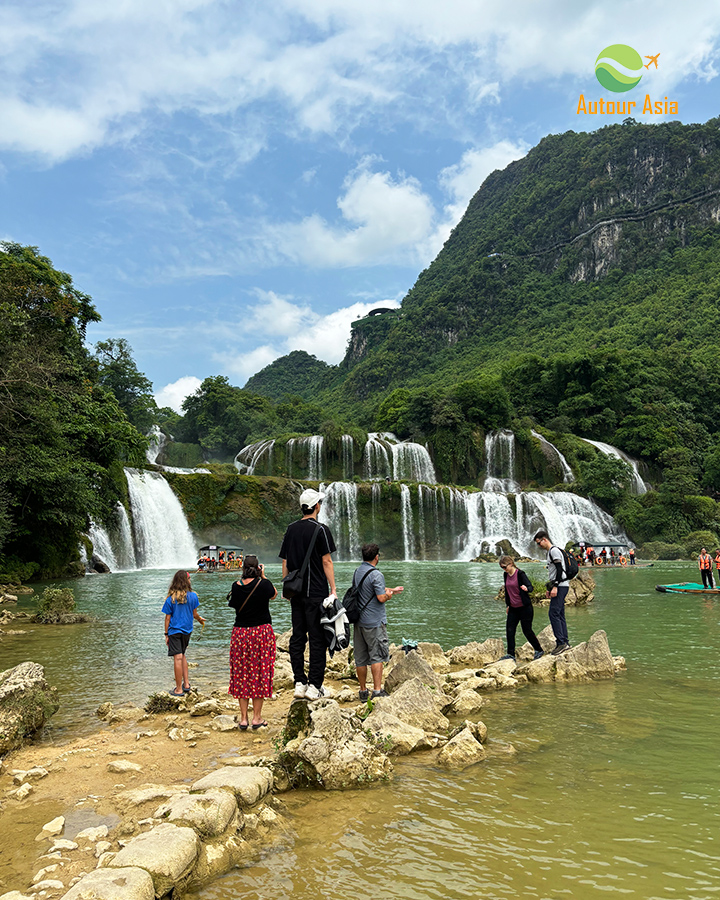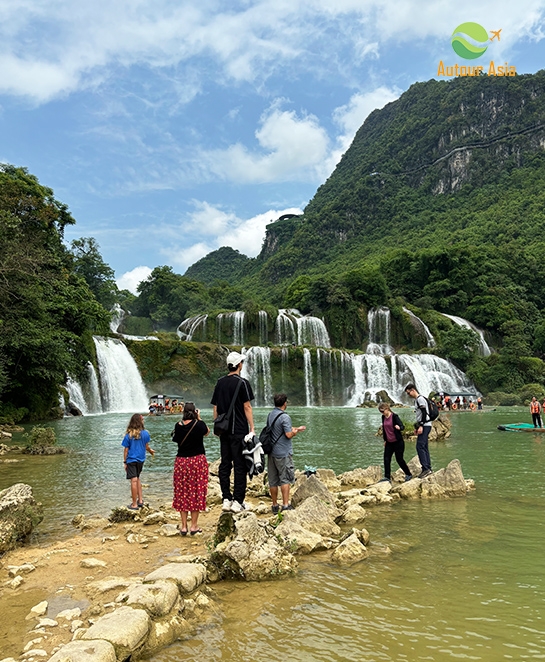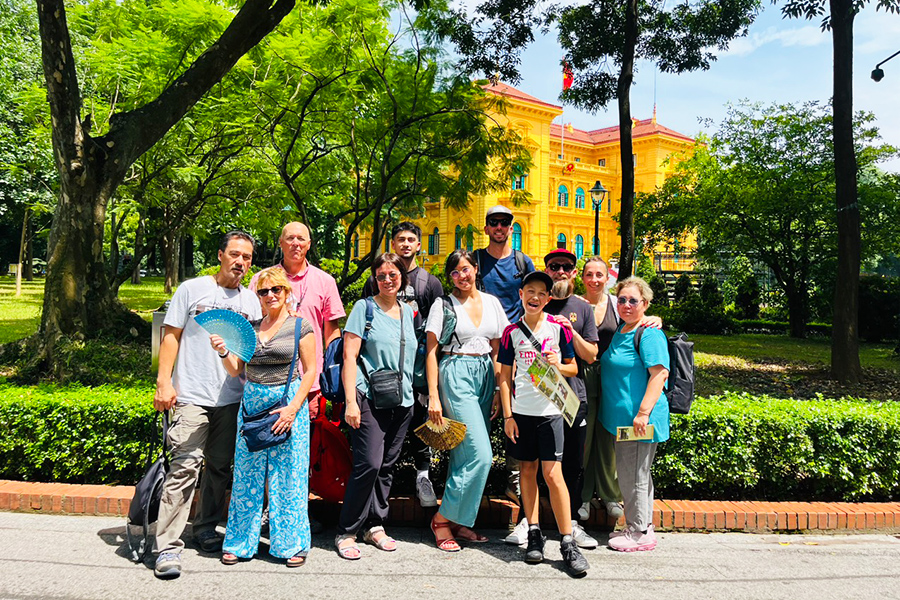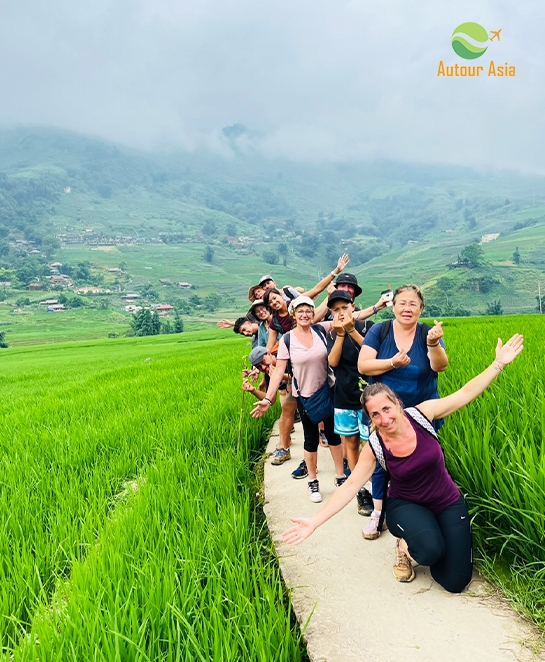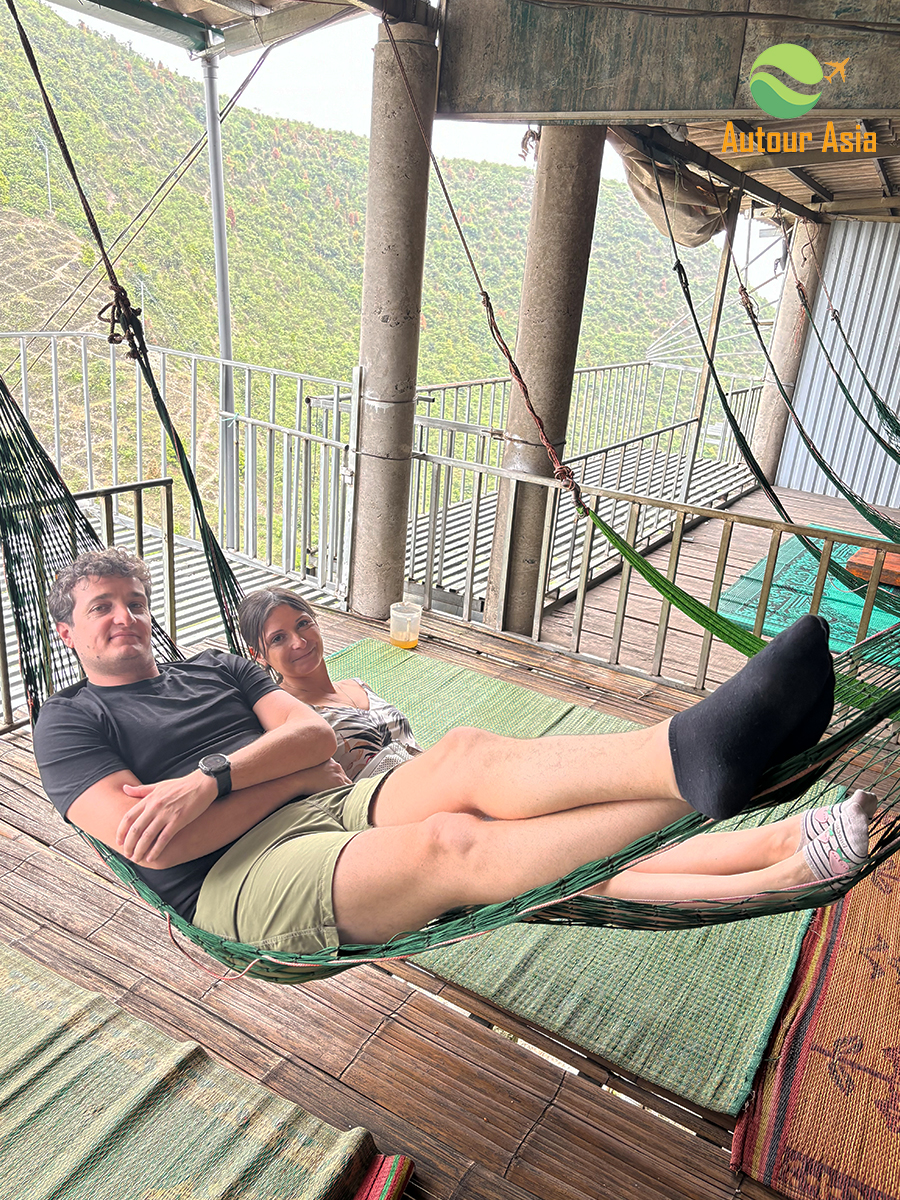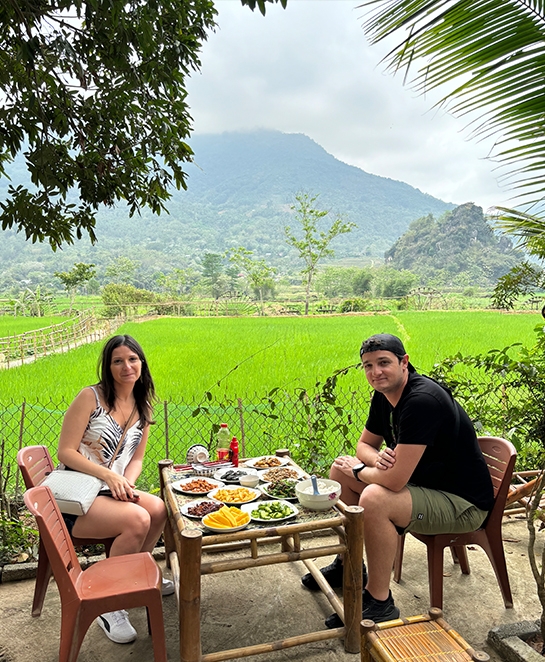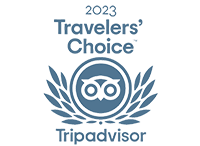Things you should know
The northern part of Vietnam is a geographical region of the country located in the northern part of the territory. It is characterized by a diversity of landscapes, ranging from majestic mountains to fertile plains. The Northern Vietnam Tours offers a variety of experiences, from the urban buzz of Hanoi to the preserved natural landscapes and locally rich and diverse cultures.
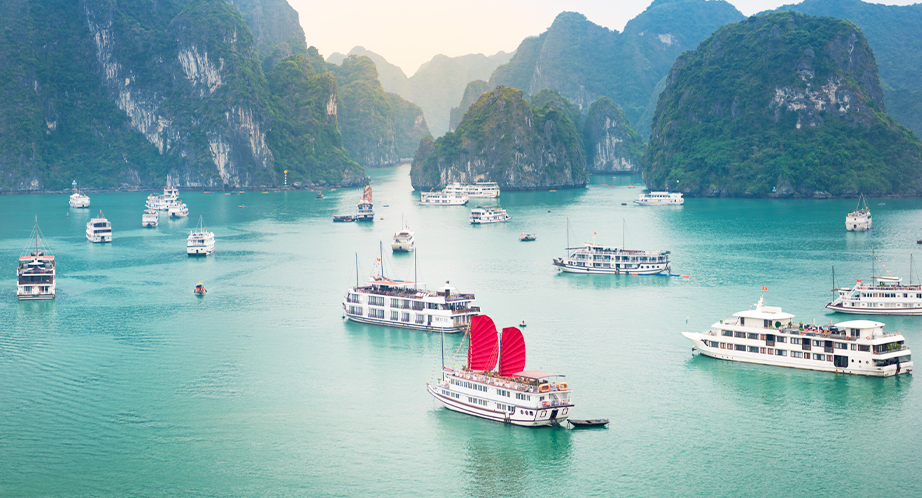
Here are some features and things to do in Northern Vietnam:
- Hanoi: The capital blending ancient traditions and modernity. Explore the Old Quarter, visit the Ho Chi Minh Mausoleum, and stroll around Sword Lake.
- Ha Long Bay: UNESCO-listed site famous for its karst formations. An unforgettable cruise through its calm waters.
- Cat Ba: Picturesque island in Ha Long Bay with preserved biodiversity and popular outdoor activities.
- Tam Coc and Hoa Lu: The "inland Ha Long Bay" offers magnificent karst landscapes. Hoa Lu, an ancient capital, and Tam Coc, boat rides through caves and rice fields.
- Ninh Binh: Known for its karst formations and Bai Dinh Pagoda, the largest Buddhist pagoda in Vietnam.
- Pu Luong: Preserved mountainous region, ideal for hiking through rice fields and traditional villages.
- Mai Chau: Picturesque valley in the northwest, offering hikes, bike rides, and outdoor activities.
- Sapa: Surrounded by mountains, famous for its terraced rice fields and ethnic villages. Perfect for hiking and cultural immersion.
- Ha Giang: Cultural diversity, stunning landscapes, and mountain adventures.
- Ban Gioc: Waterfalls providing a spectacular sight on the border between Vietnam and China.
- Dien Bien Phu: Historical site of the Indochina War. Visit the museum and remnants to understand the history.
- Ba Be Lake: Largest natural freshwater lake, offering a tranquil getaway with unique biodiversity.
- These destinations will reveal to you the natural beauty, cultural richness, and captivating history of Northern Vietnam. Click for more details on the Northern Vietnam travel guide!
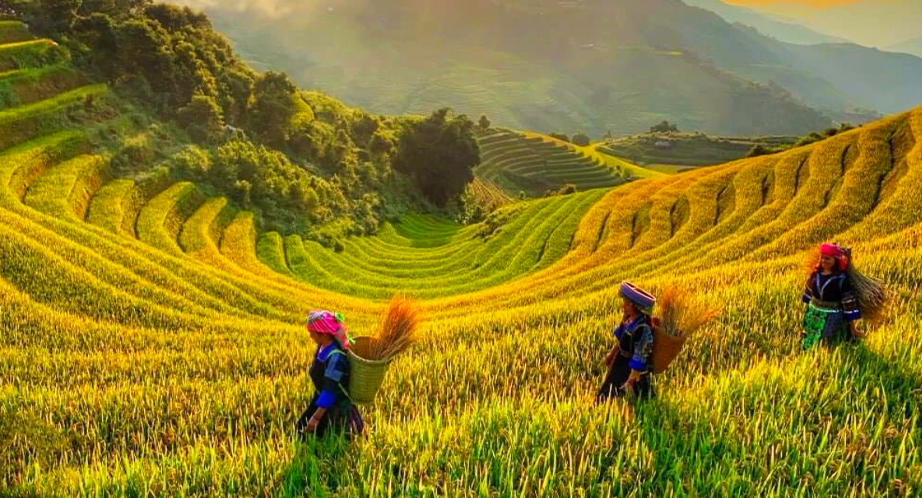
1. Why visit northern Vietnam?
The northern part of Vietnam showcases impressive mountain ranges, age-old rice terraces, and captivating ethnic communities. Along the Red River's banks lies Hanoi, a city that seems frozen in time while also advancing into the future.
The northern part of Vietnam showcases impressive mountain ranges, age-old rice terraces, and captivating ethnic communities. Along the Red River's banks lies Hanoi, a city that seems frozen in time while also advancing into the future.
2. When is the ideal time to visit the North of Vietnam?
The optimal periods to explore northern Vietnam are during spring (March to April) and autumn (September to November), when the weather is generally warm and sunny.
The optimal periods to explore northern Vietnam are during spring (March to April) and autumn (September to November), when the weather is generally warm and sunny.
3. How many seasons are there in northern Vietnam?
Four discernible seasons. Vietnam's diverse seasons provide a multitude of natural marvels and exciting experiences for travelers venturing through this S-shaped country. While Northern Vietnam experiences four distinct seasons (spring, summer, autumn, and winter), Central and Southern Vietnam only encounter dry and rainy seasons.
Four discernible seasons. Vietnam's diverse seasons provide a multitude of natural marvels and exciting experiences for travelers venturing through this S-shaped country. While Northern Vietnam experiences four distinct seasons (spring, summer, autumn, and winter), Central and Southern Vietnam only encounter dry and rainy seasons.
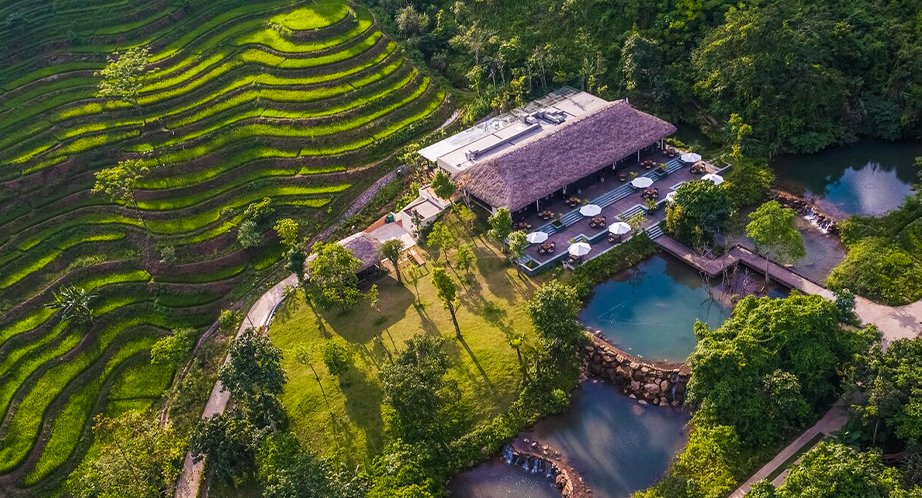
4. What is the temperature like in northern Vietnam?
In the northern regions, average temperatures fluctuate from 22–37°C in summer to 8–15°C in winter, whereas the southern areas have a more limited range of 28–35°C in summer to 26–27°C in winter.
In the northern regions, average temperatures fluctuate from 22–37°C in summer to 8–15°C in winter, whereas the southern areas have a more limited range of 28–35°C in summer to 26–27°C in winter.
5. Is North Vietnam superior to the South?
Both the northern and southern regions of Vietnam have abundant attractions for tourists. Determining which region is superior depends on individual needs and interests. It is advisable to conduct thorough research on each region's offerings before deciding where to travel, ensuring you make the most of your journey.
Both the northern and southern regions of Vietnam have abundant attractions for tourists. Determining which region is superior depends on individual needs and interests. It is advisable to conduct thorough research on each region's offerings before deciding where to travel, ensuring you make the most of your journey.
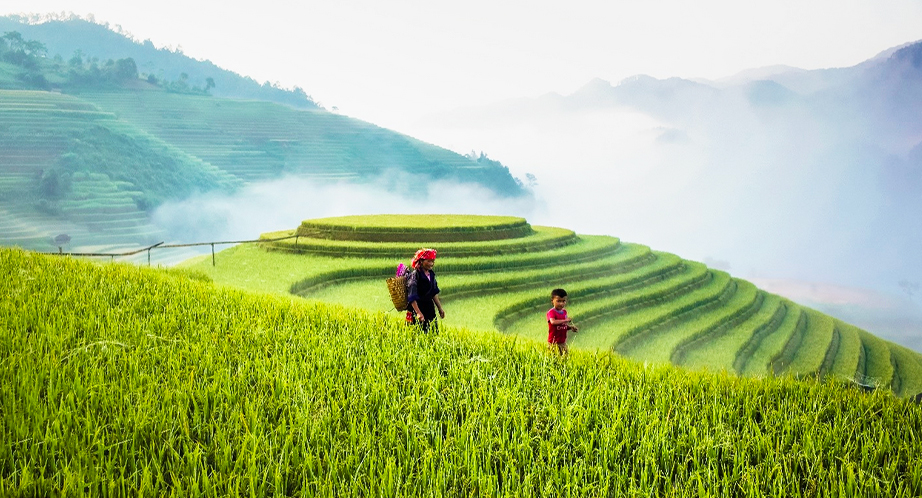
6. Which bay is renowned in North Vietnam?
Ha Long Bay stands out as a stunning natural marvel in northern Vietnam, close to the Chinese border. The bay boasts 1,600 limestone islands and islets, covering an expansive area of over 1,500 sq km. Recognized as a UNESCO World Heritage Site in 1994, it remains a captivating destination.
Ha Long Bay stands out as a stunning natural marvel in northern Vietnam, close to the Chinese border. The bay boasts 1,600 limestone islands and islets, covering an expansive area of over 1,500 sq km. Recognized as a UNESCO World Heritage Site in 1994, it remains a captivating destination.
7. What is the famed loop in northern Vietnam?
The Ha Giang loop is a breathtaking adventure guiding travelers through the remote and rugged landscapes of Northern Vietnam. This iconic motorbike route promises an unforgettable journey, featuring remarkable mountain passes, lively ethnic villages, and awe-inspiring natural scenery.
The Ha Giang loop is a breathtaking adventure guiding travelers through the remote and rugged landscapes of Northern Vietnam. This iconic motorbike route promises an unforgettable journey, featuring remarkable mountain passes, lively ethnic villages, and awe-inspiring natural scenery.
8. What is the hidden treasure in North Vietnam?
Located four hours west of Hanoi in the rural Thanh Hoa province, Pu Luong (Pù Luông) serves as a protected nature reserve, providing a serene escape far from the city. The landscape features emerald rice fields intersected by small streams, framed by tropical green hills, making it a picturesque and undiscovered destination.
Located four hours west of Hanoi in the rural Thanh Hoa province, Pu Luong (Pù Luông) serves as a protected nature reserve, providing a serene escape far from the city. The landscape features emerald rice fields intersected by small streams, framed by tropical green hills, making it a picturesque and undiscovered destination.
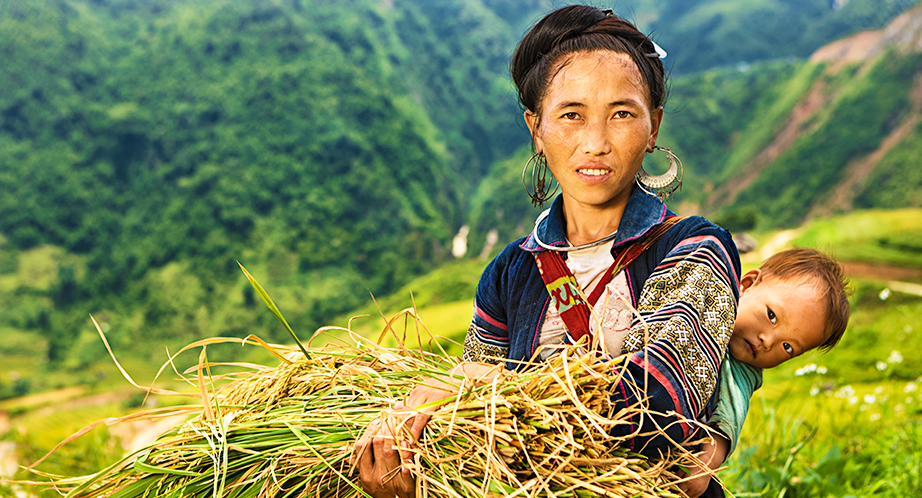
Take a look at the following important links:
Real Customer Experiences
Autour Asia is highly recommended on
Embracing the mission of "Satisfied more than expected" and providing authentic experiences, we have received numerous recommendations on reputable travel forums:


